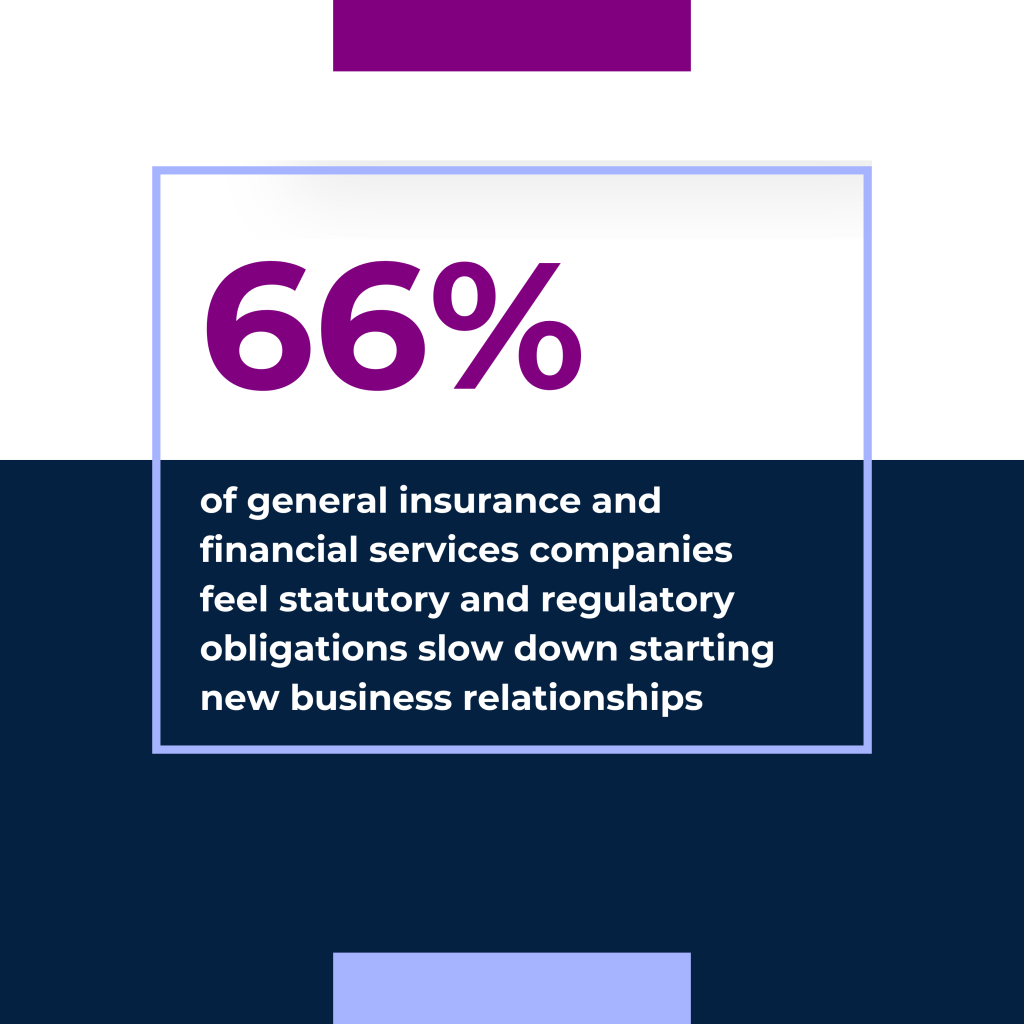So, how can businesses navigate these regulatory hurdles and accelerate the initiation of new business relationships? The answer lies in embracing RegTech – a revolutionary approach that harnesses technology to streamline compliance processes and mitigate associated risks.
RegTech solutions offer a myriad of benefits, chief among them being the automation of routine tasks and the analysis of vast datasets. By leveraging RegTech platforms, businesses are empowered to navigate regulatory frameworks with agility and precision. Identity verification, due diligence, and compliance checks, once laborious and time-consuming tasks, are now executed swiftly and accurately, paving the way for expedited relationship commencement and smoother onboarding. These automated compliance principles continue throughout the customer lifecycle, ensuring continuous and complete regulatory oversight for sustained business relationship success and management.
In addition to expediting compliance processes, RegTech solutions also revolutionise onboarding procedures, from agency applications, terms of business agreements, and contracts. Through features like electronic signatures and automated management systems, centralised within a secure document exchange facility, businesses can significantly reduce the time and resources required for negotiations and signings. RegTech streamlines the entire contract lifecycle, from drafting to execution, ensuring compliance with legal and regulatory requirements, while accelerating the signing process. This not only saves time and resources but also enhances the overall efficiency and agility of business operations.
Furthermore, RegTech solutions are inherently scalable, catering to the diverse needs of businesses regardless of size or industry. Whether it’s a multinational corporation or a start-up, RegTech offers solutions tailored to meet the specific requirements of modern enterprises. This democratisation of compliance technology levels the playing field, enabling businesses of all sizes to compete more effectively in a globalised marketplace.
However, the benefits of RegTech extend beyond mere efficiency gains. By accelerating the initiation of new business relationships, RegTech instils confidence among stakeholders, demonstrating a commitment to compliance and risk management. By continuously monitoring regulatory developments and providing proactive compliance alerts, RegTech solutions help businesses stay ahead of regulatory changes and mitigate compliance risks. Moreover, by freeing up valuable time and resources, businesses can redirect their focus towards innovation, strategic growth initiatives, and value-added activities, driving long-term sustainability and success.





















